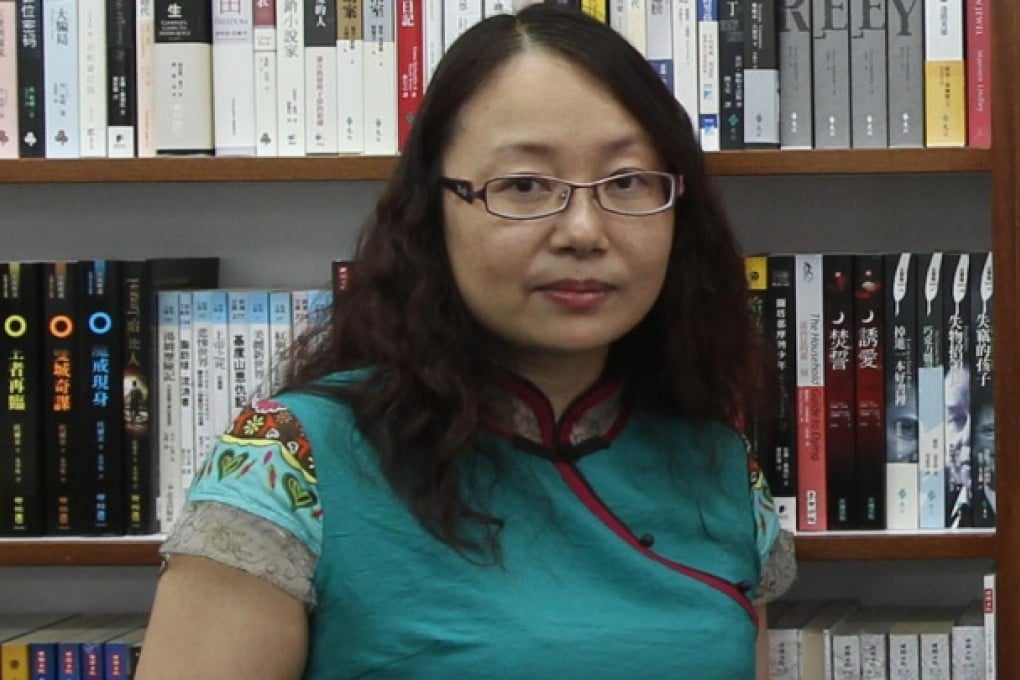Films document horror of labour camps 50 years ago and today
One tells of starving children slaving in Sichuan forest, the other of women's modern-day torture

When Xie Yihui read about the deaths of many children in a Sichuan "re-education through labour" camp in the early 1960s, she was horrified.
She had been reading an account by Zeng Boyan, a retired journalist and former camp inmate, who wrote of his disbelief in 1958 when he saw about 200 children as young as 10 from the Dabao labour camp working in a forest near the Shaping state-run farm, where he was held as a "rightist".
Years later, a witness who helped bury dead children told him that some 2,600 children from Dabao had died mostly of starvation between 1960 and 1962. Xie said the government had never released the number of deaths at the camp.
They [child labourers] lived like ghosts … and there was no love and warmth in their lives
Moved by the piece, Xie decided to interview Zeng and two dozen former child labourers. Her work resulted in the documentary Juvenile Labourers Confined in Dabao, being premiered today in Hong Kong's 1908 bookshop and Taipei's Cafe Philo as well as on the internet.